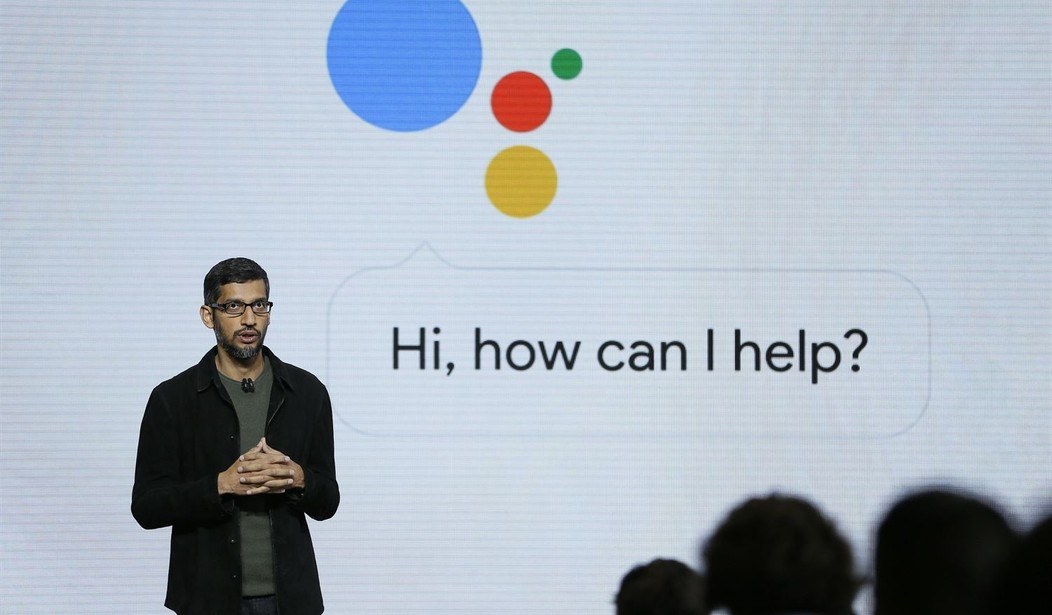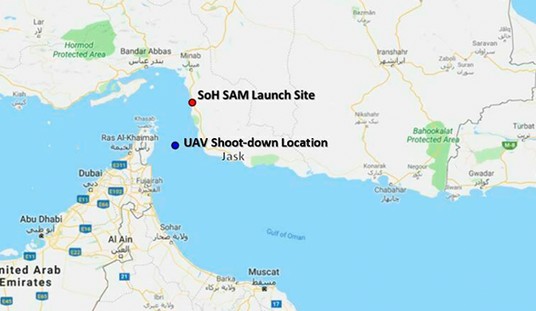We have repeatedly been assured that Artificial Intelligence is the wave of the future and it will be able to do almost anything. (At least until it destroys civilization.) It will be able to take over so many jobs that Elon Musk recently predicted that we are headed toward a future without work for humans. But at least for now, we appear to have identified one form of human effort that AI is unable to master. That would be the ability to match children with prospective adoptive parents and create families that will be able to stay together over the long run. Such an algorithm – called “Family-Match” -was created recently and deployed in several states. But social workers describe the tool as being “not useful” and basically a complete failure. (AP)
Some are orphans, others seized from their parents. Many are older and have overwhelming needs or disabilities. Most bear the scars of trauma from being hauled between foster homes, torn from siblings or sexually and physically abused.
Child protective services agencies have wrestled for decades with how to find lasting homes for such vulnerable children and teens – a challenge so enormous that social workers can never guarantee a perfect fit.
Into this morass stepped Thea Ramirez with what she touted as a technological solution – an artificial intelligence-powered tool that ultimately can predict which adoptive families will stay together. Ramirez claimed this algorithm, designed by former researchers at an online dating service, could boost successful adoptions across the U.S. and promote efficiency at cash-strapped child welfare agencies.
Some social workers told the AP that Family-Match pointed them toward “unwilling families” who expressed no interest in the child they were matched with. Other matches were attempted but resulted in failure rates that were the same or greater than matches arranged by human social workers. Virginia, Tennessee, and Georgia have already abandoned the algorithm. So what went wrong?
The non-profit behind this AI project has been very close-lipped about how the algorithm functions, so details are sparse. But one social worker pointed out what should have already been obvious. Adolescence is unpredictable and it’s challenging for human beings to correctly forecast who may or may not be a good match. Automating the process seems like an impossible feat.
In order for a tool like this to function, its internal library would have to be “trained” with data about both the children and the available families seeking to adopt a child. But what information could be entered? Sure, you can include the age and the gender of each person, and potentially the desired age range a family is seeking. You might even include things like eye and hair color, height, and weight. But those are only numbers and statistics. They don’t say anything about personality or if a child has a history of legal trouble.
What is an AI algorithm supposed to do about those critical factors? If you assign a child a marker as being “troubled” or difficult to control, the program would probably never match them with anyone. Families are unlikely to tell an adoption agency if they have a history of child abuse in their home. AI is unable to comprehend the concept of a “personality” because it doesn’t have a personality of its own.
So there’s one job that should be fairly safe for human beings even if AI is unleashed on the rest of the job market. That brings us back to Elon Musk’s recent prediction. Who could possibly think that a “world without human work” would be a desirable future? Work gives people a purpose and allows them to control their own destiny if all goes well. If all of our jobs were taken over by machines, what would we do with our time? It just seems to me as if the wheels would come off of such a society in short order. And then, when the machines inevitably start breaking down and nobody remembers how to do anything necessary anymore, we’d basically be back to the stone age. If that’s the future that Artificial Intelligence is offering us, we should run away quickly in the opposite direction.








